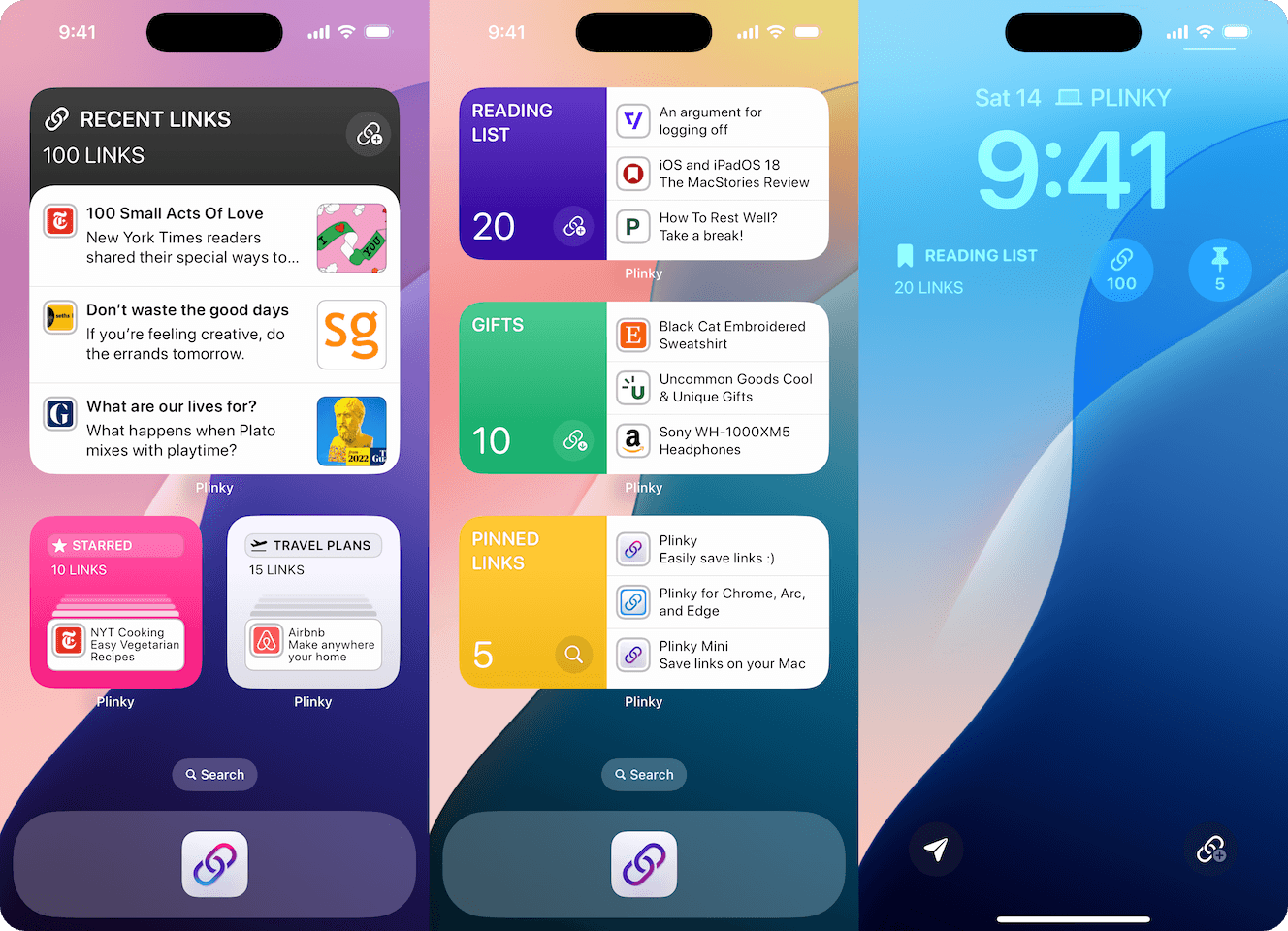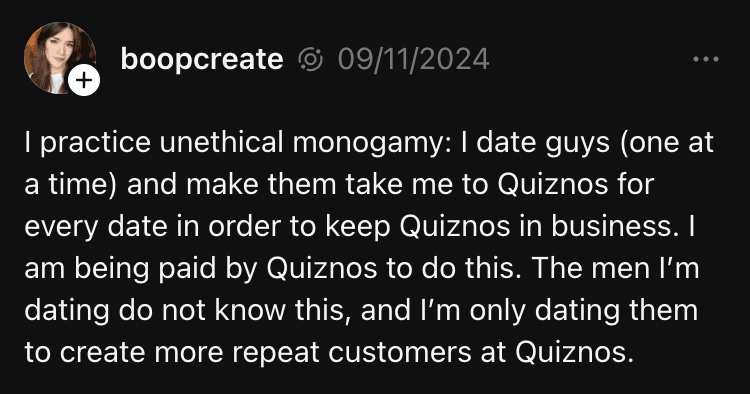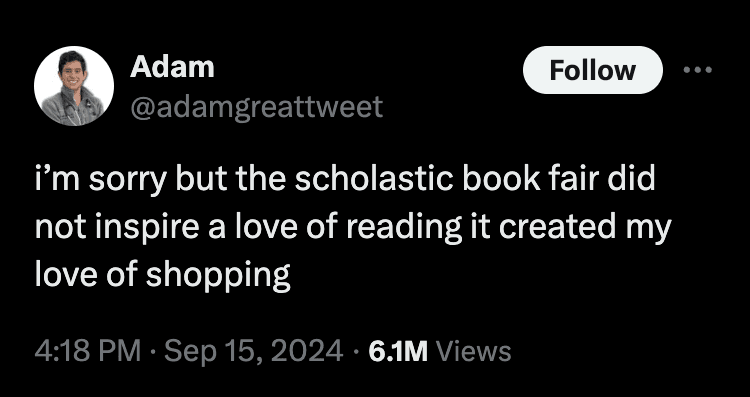September 20, 2024
Links You’ll Love
Issue #3
Beer, books, and… gene therapy? Talk about a newsletter that has it all.
How The Guinness Brewery Invented The Most Important Statistical Method In Science
You may have heard the term “sample size” before, usually in the context of election polling, clinical trials, or even market research. I'm a big sports nerd, so I've been using the term since I was 14, trying my hardest to predict how my favorite players would perform next season. Despite using the term for over 20 years, I never knew that the “sample” in sample size was… a sampling of beer.
The Guinness brewery has been known for innovative methods ever since its founder, Arthur Guinness, signed a 9,000-year lease in Dublin for £45 a year. For example, after four years of tinkering, Michael Edward Ash, a mathematician turned brewer there, invented a chemical technique that gives the brewery’s namesake stout its velvety head. The method, which involves adding nitrogen gas to kegs and to little balls inside cans of Guinness, led to today’s hugely popular “nitro brew” styles of beer and coffee.
But the most influential innovation by far to come out of the brewery has nothing to do with beer. It was the birthplace of the t-test, one of the most important statistical techniques in all of science.
You Are What You Read, Even If You Don’t Always Remember It
I often reflect on an Ezra Klein quote that the purpose of a reading book isn’t solely to absorb the knowledge it contains. It's also the time that you spend immersed in the book, the mindset you take on when you're in the book's world, and are grappling with its ideas. This short post focuses on a quote, and a lesson worth remembering.
I cannot remember the books I've read any more than the meals I have eaten; even so, they have made me.
Deaf girl is cured in world first gene therapy trial
Science is amazing, and we’re living on the precipice of so many discoveries. When I came across this article a few months ago, I found that no one in my life had heard about this magic — a person born deaf being given the gift of hearing. It reminded me that there are so many good things about technology, things we won’t all hear about, but change millions of lives around the world.
Opal Sandy, aged 18 months, was born completely deaf due to the condition auditory neuropathy, which is caused by the disruption of nerve impulses traveling from the inner ear to the brain.
Now, thanks to a “one and done” gene therapy being trialled in the UK and worldwide, Opal’s hearing is almost normal – and could even improve further.
We have results from Opal which are very spectacular – so close to normal hearing restoration. So we do hope it could be a potential cure.
This week I launched Plinky 3.0, the biggest update to Plinky since, well, Plinky 2.0. It was a lot of work, but I'm so happy with how it came out. You can read all about it here, but I’m especially proud of the new Widgets feature.
Plinky 3.0 introduces 27 different widget variants for your Home Screen, Lock Screen, and iOS 18’s new Control Center, to view your Recent Links, Pinned Links, or links from any folder or Tag. These widgets are endlessly customizable and work with any list, in every size, in 13 beautiful colors.

Best of all, Plinky is 50% off until September 30th. It's as simple as opening Plinky, and tapping that upgrade button. There's n̵e̵v̵e̵r̵ not recently been a better deal i̵n̵ a̵l̵l̵ o̵f̵ h̵u̵m̵a̵n̵ h̵i̵s̵t̵o̵r̵y̵ to get Plinky: half the price, all the value.
And one last bit of Plinky news, as a treat. I've already started working on Plinky 4.0 — Plinky for the Mac!
If you liked this post, reach out and let me know! If you have any suggestions, reach out and let me know! If you read something wonderful you think I should know about, you know the drill, reach out and let me know!





